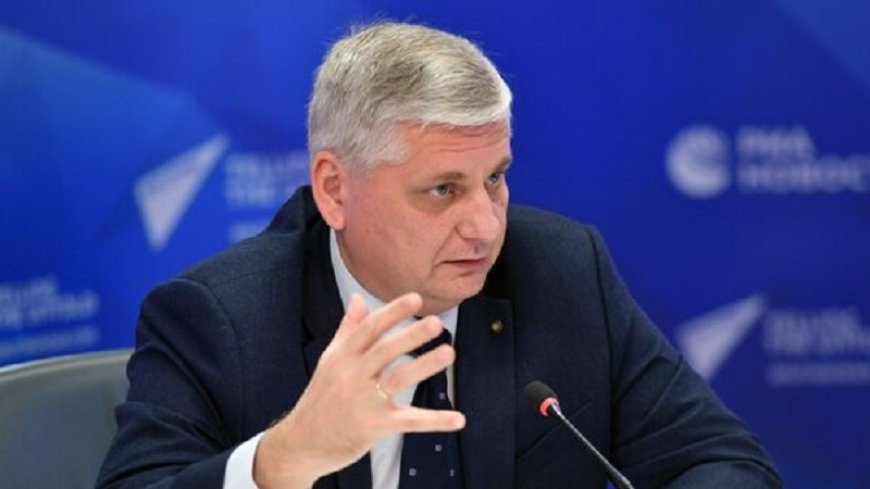In the turbulent Caucasus region, the prospect of a peace treaty between Armenia and Azerbaijan has loomed like a specter for months. Following the third Karabakh war in September 2023, the idea of formal reconciliation between the two nations has been the subject of much speculation and cautious optimism. However, as Russian political scientist Sergey Markedonov recently observed, progress toward a lasting peace remains elusive, even as the calendar flips to August 2024.
At the close of 2023, there was a sense of anticipation that the long-awaited peace agreement would soon be signed. Yet, as the year wore on, it became clear that the complexities of the situation were far from resolved. The predicted "imminent" signing has not materialized, leaving many to wonder when, or if, such an agreement will be reached.
In recent days, however, there has been renewed discussion about the potential for a breakthrough. Both Armenian and Azerbaijani representatives have indicated a willingness to exclude the contentious issue of transport communications from the peace treaty. This development was first reported by Elchin Amirbekov, a special representative of the President of Azerbaijan, and later confirmed by Ani Badalyan, the spokesperson for Armenia’s Ministry of Foreign Affairs.
Challenges Beyond the Treaty
While this concession might suggest a step closer to peace, Markedonov cautions against premature optimism. The signing of a peace document is not synonymous with the resolution of conflict. History is rife with examples where treaties and agreements did not result in lasting peace or the cessation of hostilities.
For Azerbaijan, there is a sense of urgency to finalize the agreement before significant upcoming events. The country is set to hold parliamentary elections in September, and Baku is eager to solidify its post-Karabakh status. Additionally, Azerbaijan will host a major climate summit in November, providing another incentive to present a narrative of stability and forward-looking priorities.
Armenia, too, has reasons to expedite the peace process. With a tenuous advantage over opposition forces, the Armenian government is keen to resolve the issue "here and now." Delay could weaken its position both domestically and internationally, leading to further complications.
Unresolved Issues and Complications
Despite the recent progress, significant obstacles remain. One of the most critical issues is the demarcation and delineation of borders. Without clear, mutually agreed-upon boundaries, the peace process cannot truly advance. The ambiguity surrounding interstate borders raises fundamental questions about sovereignty and territorial integrity.
Moreover, Baku has made it clear that it expects constitutional changes in Armenia to remove any reference to the unity of the former Armenian SSR and Nagorno-Karabakh. This demand, reiterated by Amirbekov during a recent visit to the United States, is seen as a way for Azerbaijan to mitigate risks. However, even if the Armenian government were to agree to such changes, the process of amending the constitution is complex and fraught with challenges, especially given the internal divisions within Armenia.
The Path Forward
As the ghost of the peace treaty continues to haunt the Caucasus, the path to a lasting resolution remains uncertain. Both Armenia and Azerbaijan face significant internal and external pressures that complicate the negotiation process. While there have been some signs of progress, the deeper issues that underlie the conflict—border demarcation, constitutional amendments, and the legacy of historical grievances—must be addressed before true peace can be achieved.
Markedonov's analysis underscores the need for cautious optimism and a recognition that the road to peace in the Caucasus is long and winding. As both nations navigate the complexities of their shared history and the demands of their current political landscapes, the international community watches closely, hoping that the specter of peace will finally take form.














































